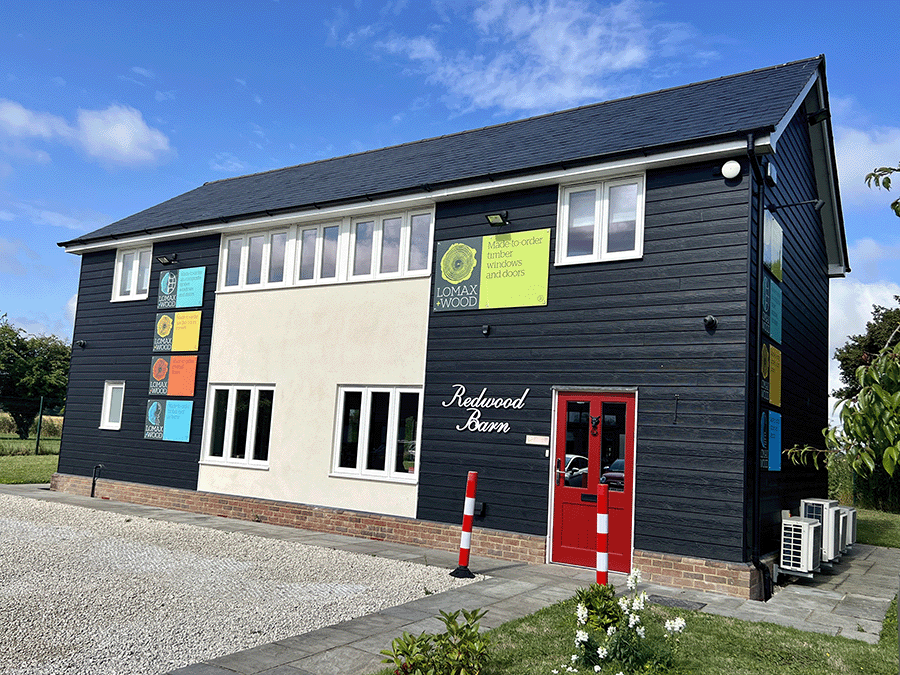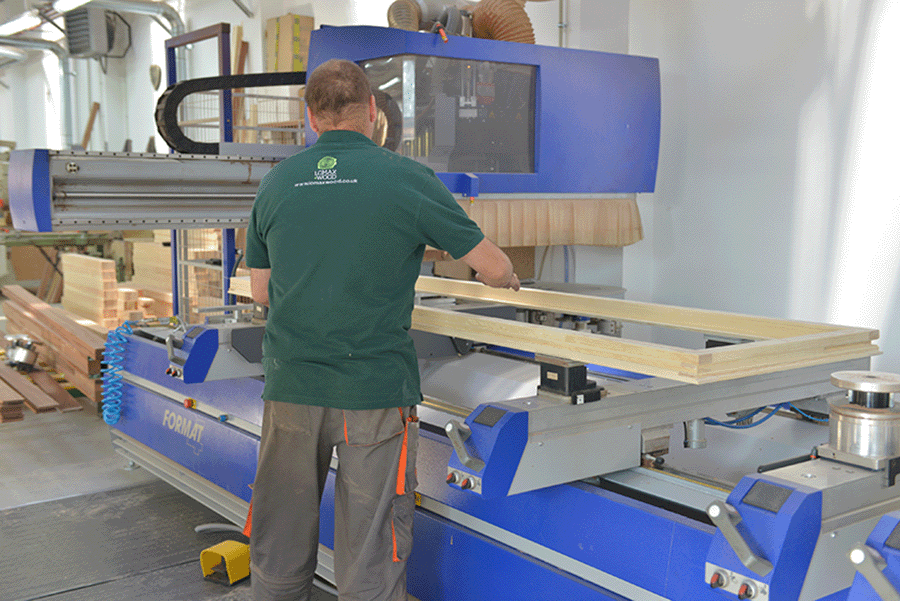What Are French Windows and Doors?
- 13 June 2024|
- News
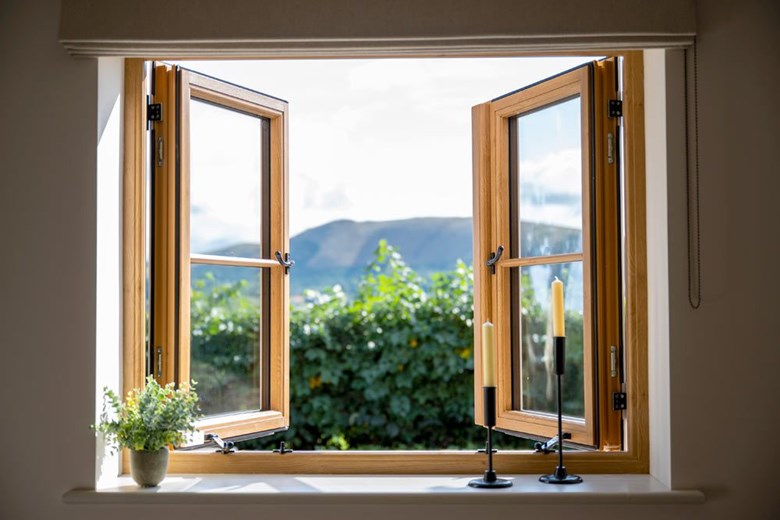
French windows can provide a seamless transition between house and garden or an unobstructed view from a bedroom to the surrounding countryside. They add elegance to your home, and they maximise the natural sunlight that is admitted. They can also be incorporated into various designs and combined with other sorts of windows. Timber French windows and doors are used in both period and contemporary properties for style and practicality.
Description of French Windows
First, be careful not to confuse French windows with French doors. We will talk about the latter in a moment when we discuss the difference between French windows and French doors. French windows are similar to casement windows in that they are hinged to a vertical frame.
What makes French windows different is that they open on both sides, and there is no central pillar or mullion. French windows can be thrown open, and they really let the daylight and fresh air in like nothing else.
Transform your space with bespoke French windows
Discover how Lomax + Wood’s timber windows combine timeless elegance with modern performance.
French Windows – What’s in a Name?
So why are French windows so-called? You might assume it is because they were invented in France, but that’s not exactly true. Windows of this kind were around in ancient times, going thousands of years back to Greek and Roman times. They were popularized in the Italian Renaissance period, but when French troops returned victorious from the Franco-Italian wars of the early 16th century, they brought more than classic artworks back with them as spoils of war.
They also brought all sorts of architectural ideas, and what would become French windows were undoubtedly among them. The French added their nuances to them, such as more panes per window than the Italians used, and then the French nobility insisted on having them fitted to their homes so they could show them off to foreign visitors. Naturally, those visitors saw them and, on returning home, were quick to report on these stylish and practical French windows – and so they have been known ever since.
Types of French Windows
Traditional French windows are taller than they are wide; they open outward with no mullion, and each opening window consists of several – let’s say six – smaller panes. So much for tradition. In fact, the world is your oyster when it comes to bespoke French window designs.
You can have French timber windows in hard or soft wood, according to your preference. They can be of any dimension, and they can open inwards, outwards or even both. The latter is a particular trend in more modern designs and can also be applied to French doors. This brings us to a burning question that we touched on earlier.
French Windows and French Doors – There’s a Difference
Even in France, the name for French windows is portes-fenêtres – door windows. Here in the UK, you might hear people using the terms French windows and French doors interchangeably – it’s a recipe for misunderstandings, but there is a difference.
The confusion arises because sometimes it is possible to open French windows wide and step out through them. An excellent example of this is when you have French windows leading to a Juliet balcony.
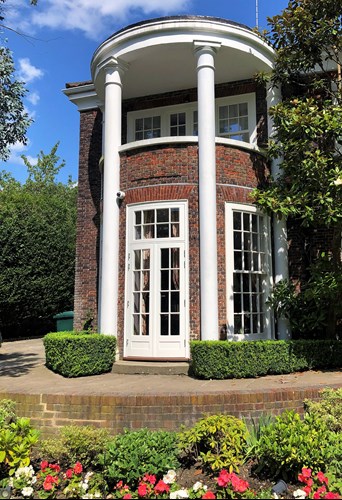
These, however, are still windows, not doors. They have window-style handles and locking systems, usually of the espagnolette type. Most importantly, they have frames on all four sides, with a sill attached at the lower frame. So, while it might well be possible to step through a French window, it is not always easy, especially for larger individuals or those who are not so agile, as it means stepping over the frame.
French doors open or out in the same way as French windows. They are likewise hinged on the side, and there is again no central mullion. However, they are usually larger than French windows – typically, they take standard door dimensions.
Also, French doors are typically opened and closed using standard door handles, locks and furniture. You could, therefore, argue that they are more secure. However, modern window locks are so superior to those of a few decades ago that it is questionable whether they are any less secure than French doors.
At Lomax + Wood, we have decades of experience working with all sorts of properties. Please take a look at our case studies to learn more. We would be delighted to share that experience with you to help ensure you choose the windows that are right for your property, as well as for your personality, lifestyle and budget. You can also be sure they are of high quality and meet the most stringent standards in terms of their green credentials.
French Windows and Always in Fashion
With all this talk of Renaissance architecture and 19th-century property renovations, it would be reasonable for you to ask whether French windows are still relevant in the 21st century. Speaking from our own experience, we would answer with a resounding yes.
The Origin of French Windows and Doors – French Architecture:
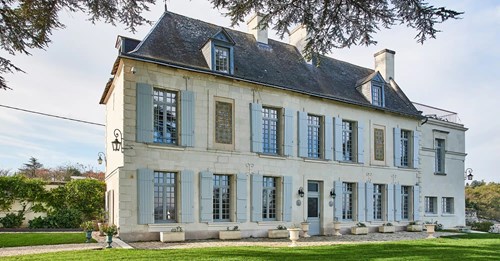
The reason French windows have never gone out of fashion is that even after all these years, nobody has come up with a way to let the light and fresh air in that is so effective and elegant. They are as popular today with people who take pride in their 21st-century homes as they were among the French aristocracy in those carefree days before the revolution.
Common FAQs Concerning French Windows
What is the Difference Between French Windows and Casement Windows?
French windows have a design that consists of two sashes or doors side by side that open from the centre without a mullion in the middle.
How Popular Are French Windows These Days?
They remain extremely popular, and architects actively look to include these architectural features in both traditional and contemporary designs.
Are French Windows Energy Efficient?
As with all Lomax + Wood products the designs provide high performance in relation to thermal, acoustic and security performance.
Are Hardwood or Softwood French Windows Better?
Lomax + Wood uses specially selected engineered, knot-free timber, which is stronger and more stable than hardwood. However, if hardwood is required for a particular purpose and we can source within our registered environmental certification scheme, we will look to do so.
Do French Open Inward or Outward?
French doors can be manufactured to open in or out, with French windows in the UK generally opening out.
Ready to add elegance and light to your home?
Contact us for expert advice on timber windows and doors tailored to your needs. Get a quote today.

